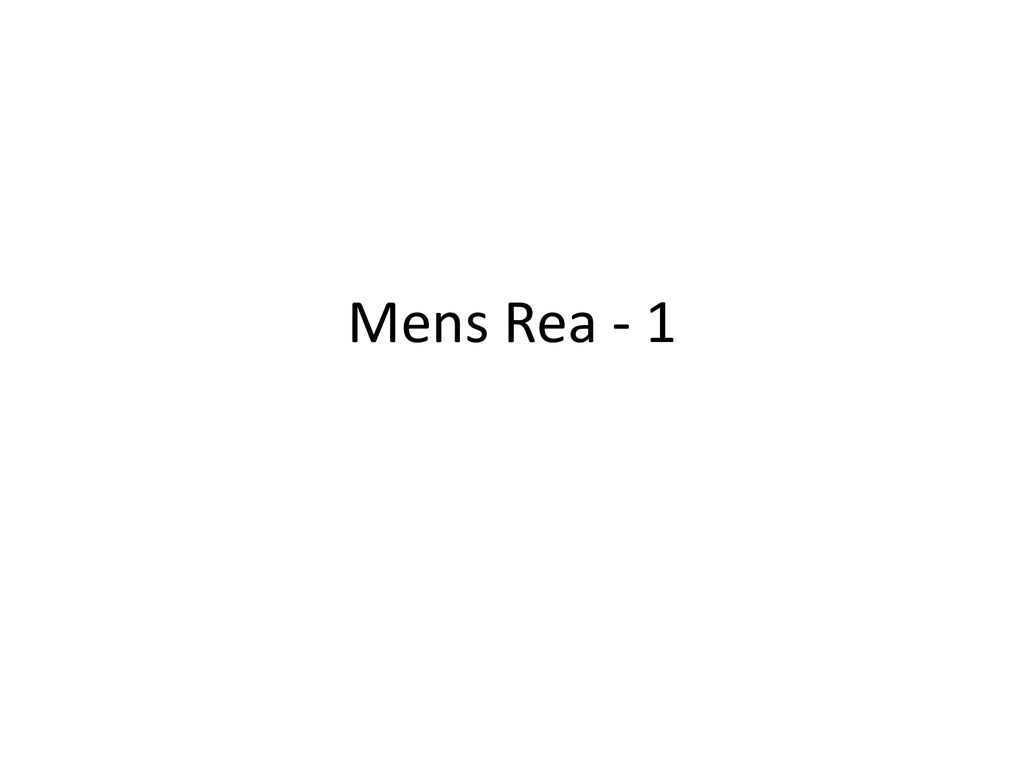Have you ever been stumped by the term “mens rea” while tackling the New York Times crossword? You’re not alone. This seemingly obscure legal term frequently pops up, often clued as “intent,” and can leave even seasoned solvers scratching their heads. While “intent” is a common solution, it only scratches the surface of this complex legal concept. This guide delves into the nuances of “mens rea,” exploring its various forms and illustrating why it’s a recurring theme in the NYT crossword. We’ll unpack its real-world implications, examine how crosswords simplify complex legal ideas, and explore the intersection of law, language, and popular culture.
Cracking the “Guilty Mind”: What is Mens Rea?
[https://www.lolaapp.com/] At its core, “mens rea”—Latin for “guilty mind”—refers to the mental state of a person committing a crime. It’s the crucial element that distinguishes an accident from a criminal act. Did they intend to do it? Were they reckless? Negligent? Or simply aware of the potential consequences? These questions form the heart of “mens rea.”
INTENT: The Crossword Puzzle Favorite
[https://www.lolaapp.com/] The phrase “mens rea, for example” almost invariably leads to INTENT in the NYT crossword. A recent example appeared on June 20, 2024, further solidifying its status as the go-to answer. But why this particular legal term? Crosswords, by design, test our vocabulary and push us to think outside the box. Legal jargon, with its inherent intrigue and complexity, presents a unique challenge, and successfully decoding a clue like “mens rea” offers a satisfying intellectual victory.
Beyond Intent: Unmasking the Nuances of Mens Rea
[https://www.lolaapp.com/] While INTENT is a frequent and often correct answer, it doesn’t fully capture the breadth of “mens rea.” The legal world recognizes several distinct levels of culpability, each reflecting a different mental state.
Recklessness vs. Negligence: A Critical Distinction
Recklessness involves consciously disregarding a substantial and unjustifiable risk. Think of someone driving under the influence – they may not intend to cause harm, but their actions demonstrate a blatant disregard for safety. Negligence, on the other hand, involves failing to perceive a risk that a reasonable person would have recognized. Leaving a loaded gun within a child’s reach, for example, may not involve intent to harm, but it does suggest negligence.
Knowledge: A Subtler Form of Mens Rea
Even possessing certain knowledge can constitute “mens rea.” Knowing that goods are stolen and then selling them, for instance, demonstrates a culpable mental state even without direct involvement in the theft itself. This aspect of “mens rea” highlights the complexity of assigning criminal responsibility.
From Crossword Clue to Courtroom Drama: How Mens Rea Impacts Sentencing
The specific level of “mens rea” plays a critical role in legal proceedings, influencing charging decisions and sentencing. The distinction between murder and manslaughter offers a powerful illustration. Murder, typically requiring proof of intent, carries a significantly harsher penalty than manslaughter, which may involve recklessness or negligence. This difference underscores the importance of understanding the subtle gradations of “guilty mind.”
Mens Rea in Popular Culture: Beyond the NYT Grid
[https://www.lolaapp.com/] “Mens rea” isn’t confined to legal texts and crossword puzzles. It permeates popular culture, appearing in crime dramas, thrillers, and even sitcoms. This presence shapes public perception of criminal responsibility, sometimes blurring the lines between fiction and reality. Some experts suggest that this popularized, and often simplified, depiction of “mens rea” can influence jury deliberations and public understanding of the justice system.
Why Legal Jargon in Our Puzzles? A Deeper Dive
[https://www.lolaapp.com/] The inclusion of legal terms like “mens rea” in the NYT crossword raises intriguing questions. Does it serve an educational purpose, exposing solvers to legal concepts? Does it reflect a broader trend of incorporating specialized vocabulary into mainstream puzzles? Or is it simply a way to add an intellectual twist to a popular pastime?
Expanding Vocabulary and Sparking Curiosity
Crosswords are renowned for expanding vocabulary, and introducing legal terms like “mens rea” offers a unique opportunity to learn something new. Encountering such terms in a familiar context can spark curiosity, leading solvers to explore further and gain a deeper understanding of legal principles.
Connecting Law to Everyday Life: Bridging the Gap
By incorporating legal jargon into puzzles, the NYT crossword subtly reminds us that the law permeates our lives, influencing even our leisure activities. This connection can be surprisingly powerful, fostering a sense of relevance and prompting us to think critically about the legal frameworks that shape our society.
The Educational Value (and Limitations) of Crosswords
While crosswords can introduce legal vocabulary and spark interest, it’s crucial to acknowledge their limitations. The simplified presentation of complex concepts like “mens rea” can sometimes lead to misconceptions. While “intent” is usually the correct crossword answer, it’s essential to remember that “guilty mind” encompasses a far broader spectrum of mental states. The crossword clue offers a glimpse into the legal world but shouldn’t be mistaken for a comprehensive legal education. For a more in-depth understanding, exploring resources like The New Yorker, works by Malcolm Gladwell, or legal analyses by Orin Kerr provide valuable insights. Discover the rich history of the synagogue of asti or learn about a sebaceous cyst in the scrotum for more enriching reads.
The Ongoing Puzzle of “Mens Rea”
The concept of “mens rea” continues to be a subject of debate and ongoing research within the legal field. Its precise definitions and applications can vary depending on jurisdiction and specific circumstances. The seemingly simple crossword clue, therefore, opens a door to a complex and evolving area of legal thought. It invites us to ponder the nuances of criminal responsibility, the challenges of assessing mental states, and the ongoing quest for justice within a complex legal system.
- Who Owns Mercedes Cars? 2025 Update: Unveiling the Shareholders - May 6, 2025
- UAE Federal National Council: Evolution of Participation - May 6, 2025
- Trump’s 2025 Portrait: Unveiled, Analyzed - May 6, 2025
















